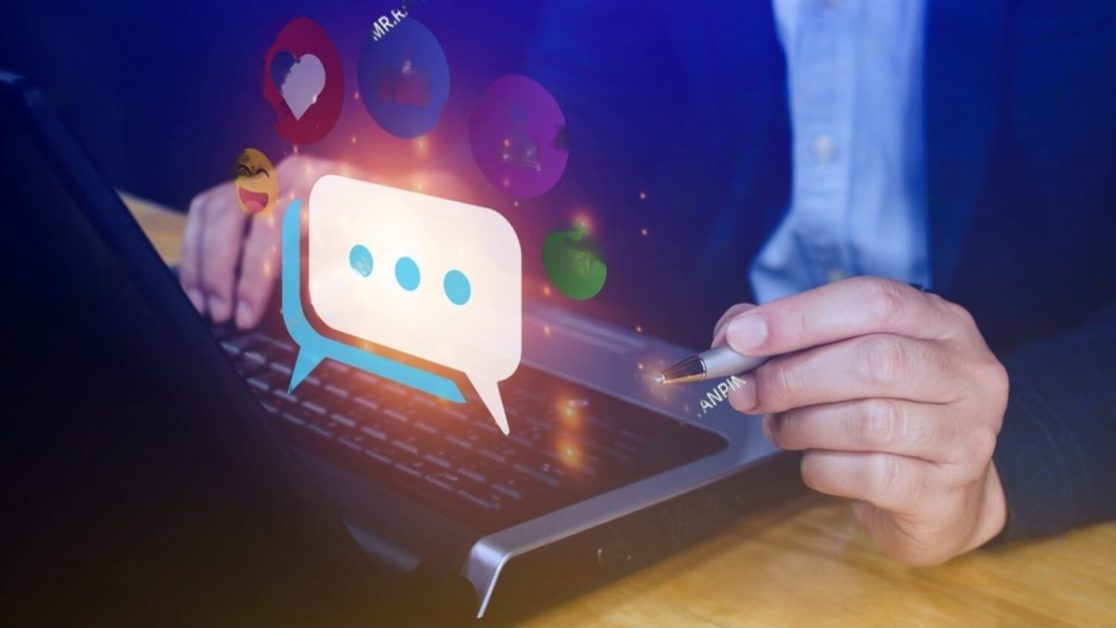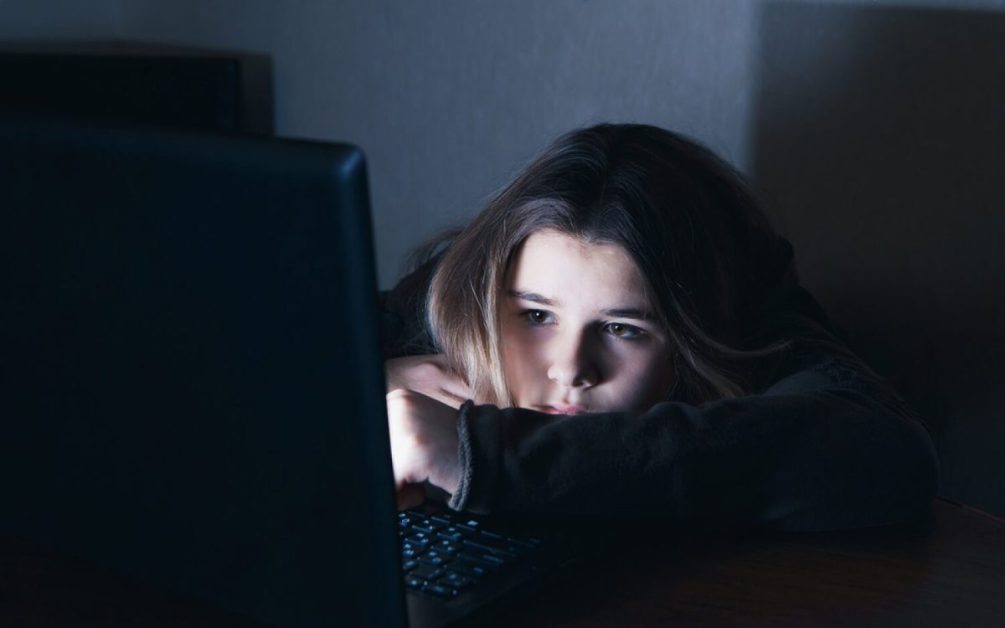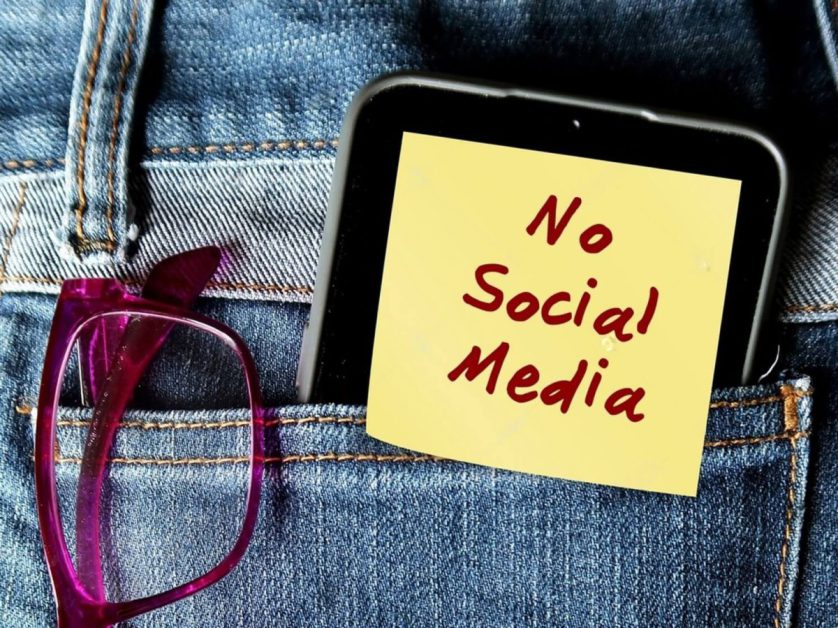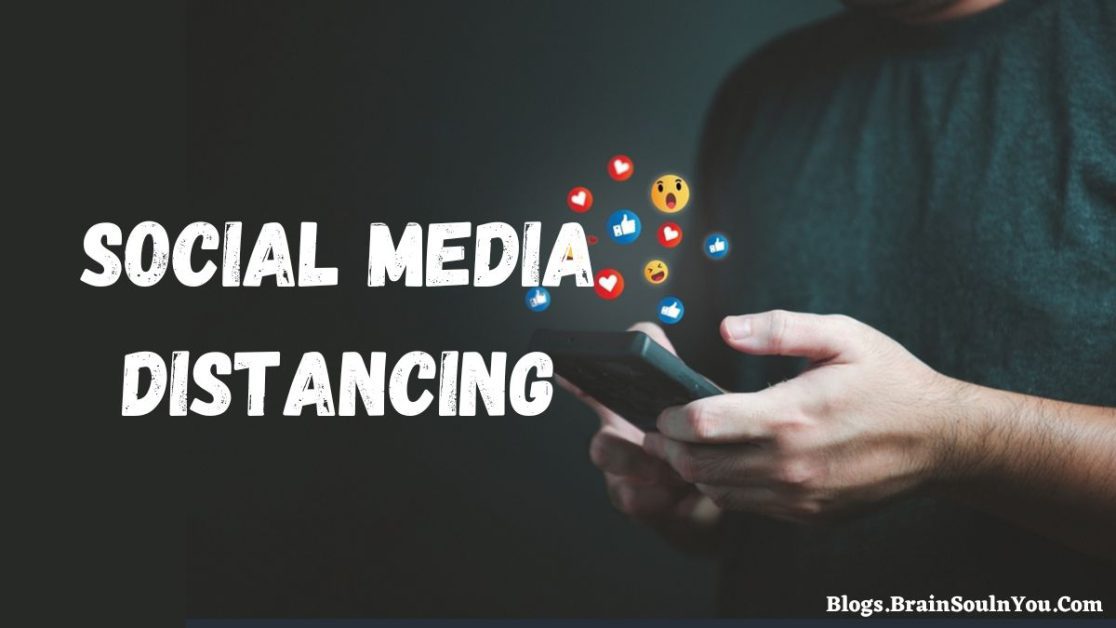In today’s hyper-connected world, social media has become an integral part of our daily lives. It offers unprecedented opportunities to connect, share, and stay informed. However, as our reliance on social media grows, so does the need to practice mindful usage and maintain a healthy relationship with these platforms.
In this blog, we explore the concept of “Social Media Distancing” and how it can lead to a more balanced and fulfilling online experience.
What is Social Media Distancing?
Social media distancing refers to intentionally reducing or limiting one’s use and engagement with social media platforms. It involves creating boundaries and consciously managing the amount of time spent on social media, as well as the impact it has on mental and emotional well-being.
If you see only 5% of people are successful. What they do, they keep themselves away from social media. They spend most of their time reading good books, watching good content, and focusing on their vision. If you also want to be successful in your life you need to make a social media distancing. Keep yourself away from social media.
Engaging with your social media or you can say your mobile phone, our brain releases a chemical; dopamine. In a study in 2012, scientists at Harvard University reported that dopamine is the same chemical that is released when you smoke, take alcohol, or gamble. It means you feel good and it’s highly addictive. We have an age restriction on smoking, alcohol, and gambling but there is no age restriction on social media and phones. It causes stress, depression, and anxiety.
Social Media Distancing is a deliberate approach to managing our time and engagement on social media platforms. It involves setting boundaries and being conscious of the impact of excessive usage on our mental and emotional well-being. Just as physical distancing has become essential for public health, practicing social media distancing is vital for preserving our digital well-being.
The Pitfalls of Excessive Social Media Usage
While social media has undeniable benefits, it can also lead to negative consequences when used excessively. Some common pitfalls include:
Information Overload: Constant exposure to a barrage of news, opinions, and updates can be overwhelming, leading to anxiety and stress.
Comparison and Envy: Comparing our lives to carefully curated online personas can foster feelings of inadequacy and envy, affecting our self-esteem.

Sleep Disturbances: Late-night scrolling disrupts our sleep patterns, impacting our overall health and productivity.
Reduced Real-Life Connections: Excessive social media usage may replace real-life interactions, leading to feelings of isolation and loneliness.
Benefits of Social Media Distancing
Here are some reasons why social media distancing can be beneficial:
Mental Health and Well-being
Excessive use of social media has been linked to negative impacts on mental health, including increased anxiety, depression, and feelings of inadequacy. Taking a break from social media can help reduce these negative effects and promote better overall well-being.
Time Management
Social media can be a significant time drain, taking away valuable time from other activities and responsibilities. By distancing yourself from social media, you can reclaim time for more productive or fulfilling pursuits, such as hobbies, self-care, or spending quality time with loved ones.
Reduced Social Comparison
Social media often presents a filtered and curated version of others’ lives, which can lead to feelings of inadequacy or FOMO (fear of missing out). Taking a step back from social media allows you to focus on your own journey and reduces the tendency to compare yourself to others.

Improved Focus and Productivity
Continuous scrolling through social media feeds can disrupt concentration and hinder productivity. By distancing yourself from social media, you can minimize distractions and improve your ability to stay focused on important tasks or goals.
Enhanced Relationships
Over-reliance on social media for communication can diminish the quality of real-life relationships. By reducing social media usage, you can prioritize face-to-face interactions, deepen connections with loved ones, and engage in more meaningful conversations.
Increased Mindfulness
Constant exposure to social media can create a constant need for external validation and the fear of missing out on updates. By distancing yourself from social media, you can cultivate mindfulness and be more present at the moment, fostering a greater sense of self-awareness and contentment.
How to Practice Social Media Distancing?
Set Time Limits: Allocate specific time slots for social media usage each day and stick to them. Avoid mindless scrolling during work hours or before bedtime.
Unfollow Unhealthy Content: Curate your feed by unfollowing accounts that evoke negative emotions or perpetuate unrealistic standards.
Be Selective with Notifications: Disable non-essential notifications to reduce distractions and interruptions.

Engage Mindfully: When you do use social media, do so with intention. Be present in the moment and avoid impulsive reactions.
Limit Political Content: Be mindful of political content that can trigger stress and arguments. Limit exposure, especially during sensitive times.
Prioritize Real-Life Connections: Make an effort to connect with friends and family in person or through phone calls, fostering genuine relationships.
Some other ways to avoid Social Media
- When you go somewhere, avoid social media just observe your surroundings. By practicing it your brain starts thinking more creatively and it gives birth to new ideas.
- By social media distancing you can save a lot of time and can utilise this time in good activities.
- If you go with your friends, spouse, or parents outside and only spend time with them instead of spending time on social media. You understand them and your relationships grow more.
- If you are in a meeting and you are with colleagues. In your spare time talk to them instead of using social media. It improves your knowledge and friendship with them.
- The solution for that is to make your purpose so great that you have no time to waste.
Now the big question arises if we do not use social media then what we will do. We start getting bored. My question is if you feel bored with yourself if you can’t spend time with yourself then how you can expect somebody should spend time with you. Friends, you need to understand yourself first. For that spend time with you and ask what you want. What is the purpose of your life? When you will have a purpose then you will not use social media that much.
Conclusion
In a world where social media plays a significant role, it’s essential to find a healthy balance. Social Media Distancing allows us to reap the benefits of digital connectivity while safeguarding our mental and emotional well-being. By setting boundaries, curating our feeds, and engaging mindfully, we can transform our online experience into a positive and enriching one.
Remember, it’s not about disconnecting entirely; it’s about finding harmony in our digital lives. So, embrace Social Media Distancing, and let it guide you toward a more fulfilling and mindful online presence.
Frequently Asked Questions About Social Media Distancing
- What is Social Media Distancing?
Social Media Distancing involves intentionally reducing or limiting one’s use and engagement with social media platforms. It’s a conscious effort to manage the time spent on social media and its impact on mental and emotional well-being. - Why is Social Media Distancing Important?
Excessive social media usage has been linked to negative impacts on mental health, including anxiety and depression. Social Media Distancing is crucial to mitigate these effects, promote well-being, and reclaim valuable time for other activities. - How Does Social Media Affect Mental Health?
Continuous exposure to social media can contribute to increased anxiety, depression, and feelings of inadequacy. Social Media Distancing aims to reduce these negative effects by creating a healthy relationship with online platforms. - What are the Benefits of Social Media Distancing?
Social Media Distancing offers various benefits, including improved mental health, enhanced time management, reduced social comparison, increased focus and productivity, strengthened relationships, and heightened mindfulness. - How Can I Practice Social Media Distancing?
- Set Time Limits: Allocate specific time slots for social media usage each day and adhere to them.
- Unfollow Unhealthy Content: Curate your feed by unfollowing accounts that evoke negative emotions.
- Be Selective with Notifications: Disable non-essential notifications to reduce distractions.
- Engage Mindfully: Use social media with intention, avoiding mindless scrolling.
- What are Some Additional Ways to Avoid Social Media?
- Observe Surroundings: When out, focus on your surroundings instead of using social media for creativity.
- Utilize Saved Time: Save time from social media distancing for productive or enjoyable activities.
- Prioritize Real-Life Connections: Spend quality time with friends and family, fostering genuine relationships.
- Engage in Meetings: Use spare time in meetings for conversations with colleagues, building knowledge and friendships.
- Develop a Purpose: Channel your energy into a greater purpose, reducing the desire for excessive social media use.
Love,
Saurabh Goel
Saurabh Goel
He is the Founder and CEO of the Training and Counselling Company ‘Brain Soul & You’. He is an NLP Wellness Coach, Life Coach, Brain analyst, and Trainer for Education, Corporate, and Entrepreneurship. For more than 7 years, he delivered presentations on entrepreneurship, mind programming, and motivation. He did his B.tech in IT and later choose to be a successful psychologist. He is helping people in various ways through his counseling and training sessions.


